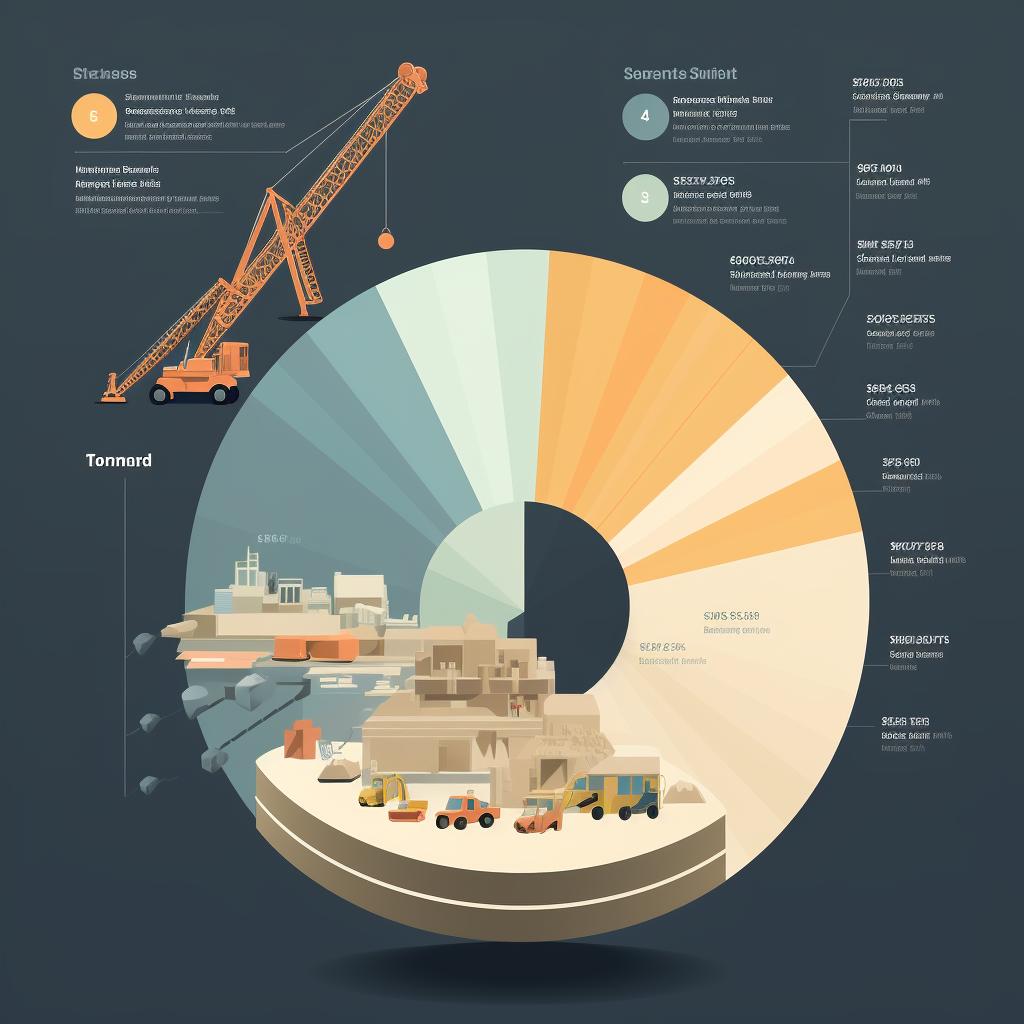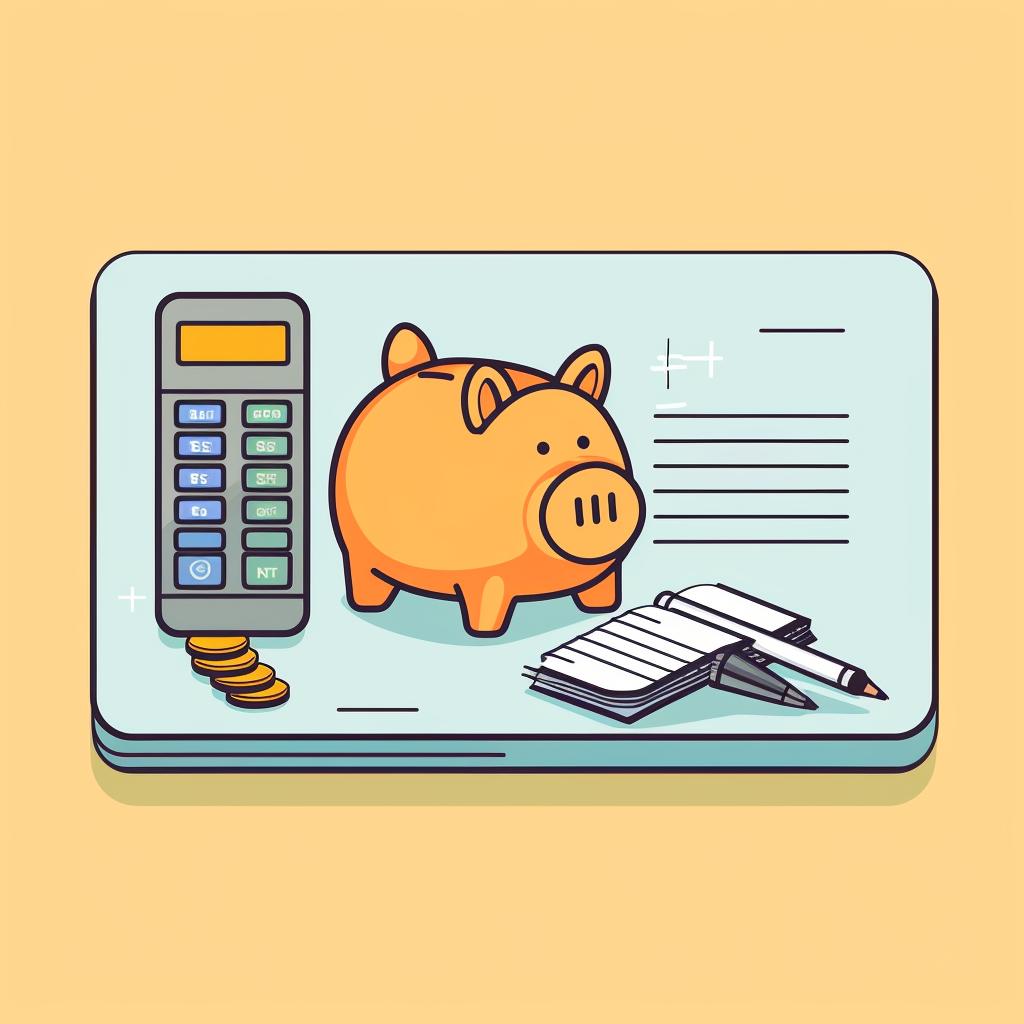🏗️ Mastering Construction Budgeting: A Step-by-Step Guide 📝
Are you looking to master construction budgeting? Look no further! GreatBuyz presents a step-by-step guide to help you navigate the complexities of construction budgeting and ensure that your projects stay on track financially. Follow these expert tips and tricks to make the most of your budget and avoid any unexpected costs along the way.
Step 1: Examine Project Requirements
Before diving into budgeting, it's crucial to thoroughly understand the project requirements. This includes assessing the scope of the project, desired quality, and timeline. By establishing a solid foundation, you can accurately estimate costs and allocate resources effectively.
Step 2: Estimate Costs
Next, it's time to estimate the costs associated with your construction project. This includes considering the cost of materials, labor, equipment, permits, and other expenses. Drawing on previous projects as a reference can be helpful in creating accurate estimates. Remember, a well-informed estimate will contribute to a realistic budget. For more information on project cost estimation, check out this resource.
Step 3: Allocate Resources
Once you have estimated the costs, it's essential to allocate resources accordingly. This involves assigning funds to different aspects of the project and ensuring that all costs are covered. By carefully distributing your budget, you can avoid overspending in one area and neglecting another. For advanced tips and strategies on budgeting in construction, visit this page.
Step 4: Create a Contingency Plan
In the world of construction, unexpected costs are almost inevitable. That's why it's crucial to have a contingency plan in place. Set aside a portion of your budget specifically for unforeseen expenses. A general rule of thumb is to allocate 10-20% of the total budget for contingencies. This safety net will help you navigate any surprises that may arise during the project.
Step 5: Regularly Review and Update the Budget
As your construction project progresses, it's important to regularly review and update your budget. This allows you to stay on top of any changes and ensure that the project remains financially viable. By monitoring your budget closely, you can make informed decisions and adjust your plans accordingly. To test your knowledge on construction budgeting, take this quiz.
By following this step-by-step guide, you can master construction budgeting and ensure the success of your projects. Remember, careful planning, accurate estimating, and regular monitoring are the keys to staying within budget and avoiding any financial setbacks. Happy budgeting!
At GreatBuyz, we are committed to helping you save money and make the most of your shopping experience. Visit our website for the best deals, coupons, and budgeting tips to enjoy a shopping spree without breaking the bank.










